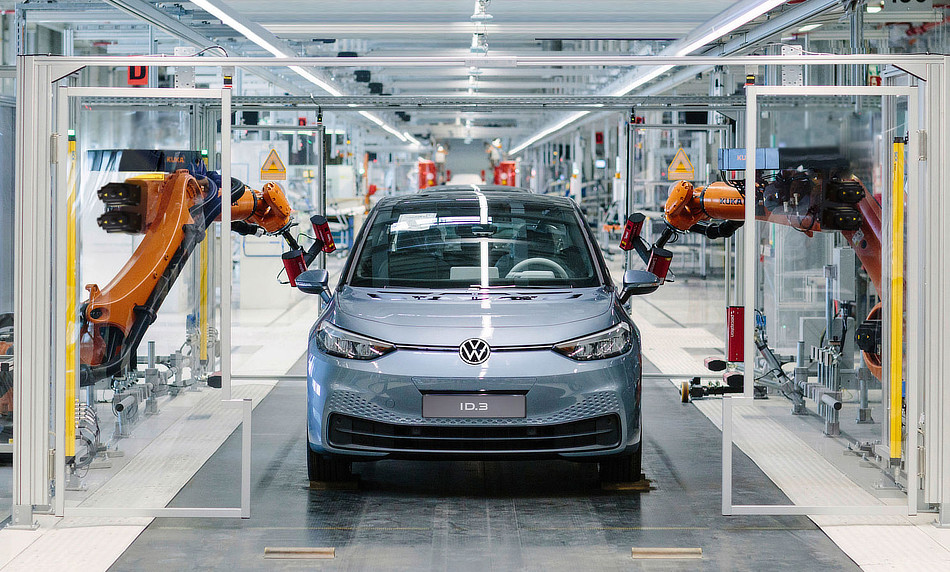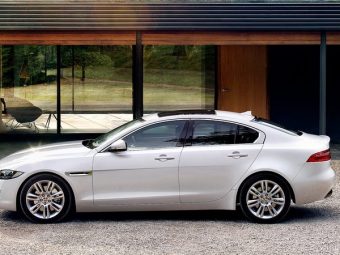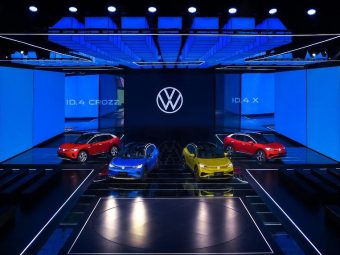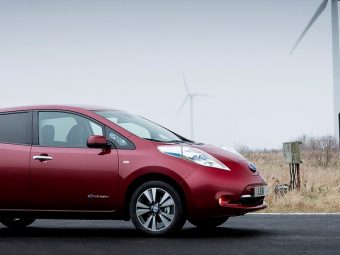Volkswagen orchestrated one of the most significant scams in automotive history: Dieselgate. For 25 years, the company claimed it had the “cleanest” diesel engine technology globally—a patently false assertion that went largely unchallenged. When the deceit was finally uncovered, Volkswagen faced substantial fines. However, due to its significant financial resources and government support, the company survived the financial catastrophe.
In response to this scandal, EU legislators introduced stringent emissions regulations aimed at phasing out internal combustion engines and promoting electric vehicles (EVs). Volkswagen had little choice but to comply, subsequently rebranding itself as a champion of EVs to align with these new regulations.
However, this purported environmental concern was largely performative. Behind the scenes, Volkswagen’s senior executives were lobbying to delay the new emissions targets, effectively seeking to prolong the internal combustion engine era.
During this period, China was making substantial investments in its emerging EV industry and charging infrastructure. For instance, China has installed over 2.5 million public charging stations nationwide, while Europe lags behind with just over 500,000.
As demand for electric vehicles wanes in Europe, Volkswagen is retreating from its EV push, a strategy initially championed by former CEO Herbert Diess. Diess had recognized the competitive threat posed by Chinese EV manufacturers and argued that Volkswagen needed to embrace EVs to avoid being outpaced by more affordable and technologically superior Chinese brands.
In a notable shift, Mercedes-Benz has halted the development of new electric luxury sedan platforms to save money and now plans to extend the sales of gasoline-powered cars beyond earlier expectations. European car manufacturers are now lobbying the EU to rescind the 2035 engine ban and instead promote hybrid and plug-in hybrid technology.
BMW, which has enjoyed more success in selling EVs than its German rivals, issued a warning this week that the EU’s plan to effectively ban new combustion-engine vehicle sales by 2035 will hurt the industry. European regulators are set to review this policy in 2026.
This marks a significant reversal from just three years ago when Volkswagen’s aggressive lobbying for EVs within the European Union created rifts between the company and some of its regional peers.







